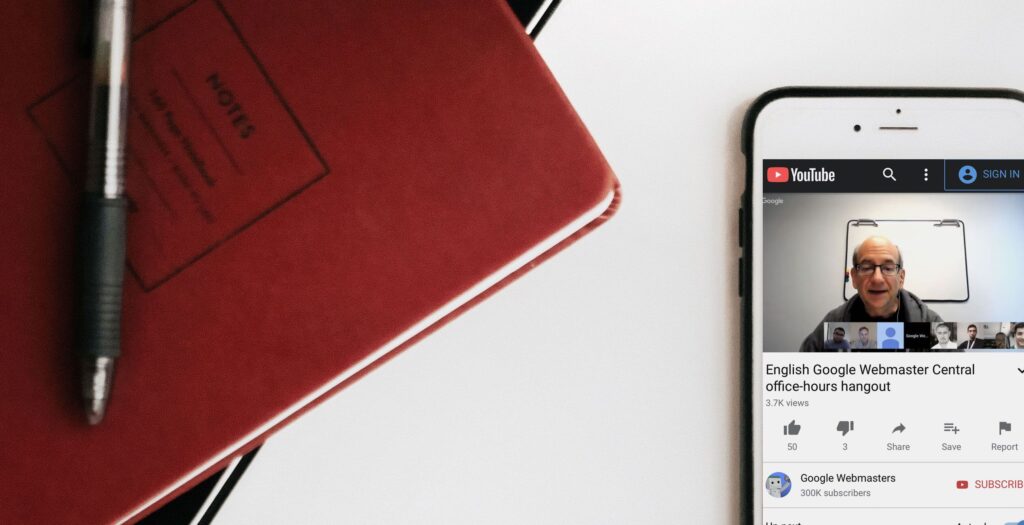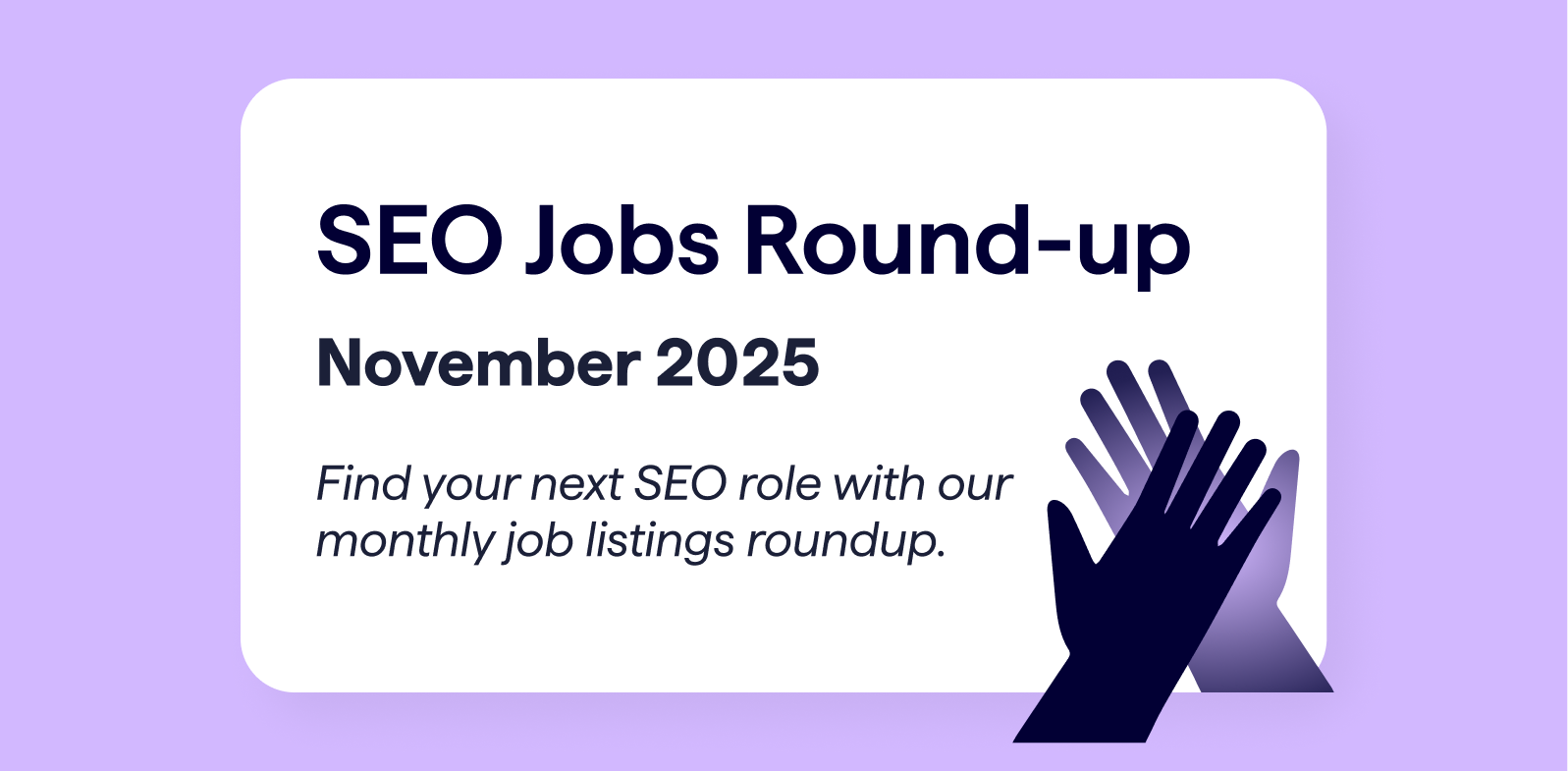Notes from the Google Webmaster Hangout on the 9th of January 2018.
Canonicals Are Chosen by Google Using XML Sitemap URLs
XML sitemap URLs are used to help inform Google’s decision on which URL is chosen to be the canonical.
Use Structured Data to Optimise for Voice Search
Structured data helps Google understand the meaning of your pages which is crucial for voice search. John also suggests pointing Google to information that could be combined into a voice snippet where a short answer is possible. However, don’t create thin content, one answer pages just to satisfy voice queries.
All Methods For Implementing Hreflang Are Seen as Equivalent
All hreflang implementation methods are seen as equivalent by Google, but use one method consistently across your site as Google may not use any hreflang for a page if there are multiple versions.
To Rank in Top Stories Ensure Topical, Quickly Available Content & Clean Website
Top Stories organic positions aren’t limited to big websites and publications. To rank here, John recommends ensuring topical relevancy, a clean website and clean content that can be picked up quickly.
Google AdsBot Crawling Doesn’t Impact Crawl Budget For Organic Search
If Google AdsBot is crawling millions of ad pages then this won’t eat into your crawl budget for organic search. John recommends checking for tagged URLs in any ad campaigns to reduce ad crawling.
You Can See Which Canonical Google Has Chosen in the New Search Console
In the new Search Console you can select individual URLs which takes you to the info query showing you the canonical that Google has chosen.
Make Sure There is a Clear Connection Between Your Mobile & Desktop Sites
It’s possible to include m. pages in your main sitemap file to help Google discover and crawl them for mobile-first, but if there is a clear connection between the desktop and mobile sites then this won’t be necessary.
Incorrect Google Caching Suggests a Different Canonical Has Been Chosen
If the cached content from a different page is displayed on a page, this could be because Google has determined that the two pages are duplicates and has canonicalised one to the other.
Google Assumes Domains Are the Same If Duplicate Parameters Used on Shared Hosting
If you have shared hosting for different websites and specify the same URL parameters for each one then Google may assume that the domains are the same or equivalent.
301 Redirection Doesn’t Ensure the Final Destination URL Will be Indexed
Having a 301 redirect doesn’t mean that the final destination URL will be the page that is indexed. You need to make sure that you have correct canonicalisation, internal linking and hreflang markup pointing to the correct page.
Canonicalisation For Filter Results Pages Isn’t Recommended
Canonicalisation shouldn’t be used for filter pages. This is because canonical tags can be ignored and filter pages aren’t always the same as they have different types of results.
Let Google Know About Site Merging Through Redirects
Redirects are the best way to help Google process a site merging. Bear in mind that site merging or site splitting takes more time for Google to process than a site migration.





